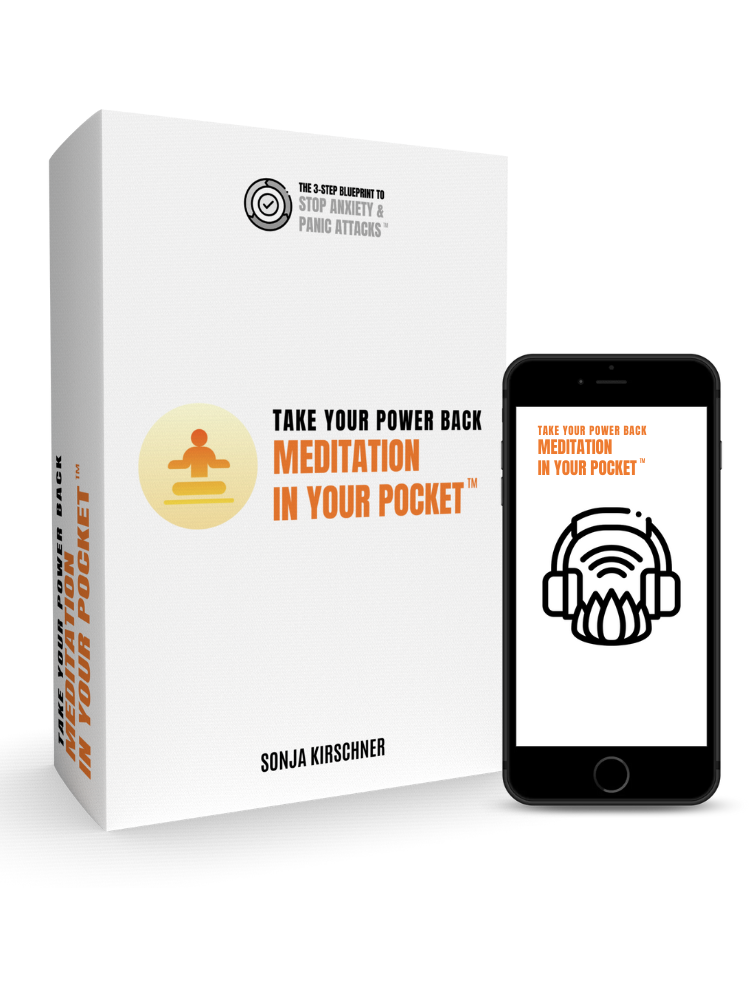
What is confidence really?
A feeling of self-assurance arising from an appreciation of one’s own abilities or qualities.
This is the definition of confidence in the Oxford dictionary. It highlights that the way you feel about yourself and your own abilities or qualities determines how confident you are. Your state, the sum of your feelings in any given moment, has an impact on the way you speak, act and generally present yourself. Feeling anxious and not truly believing in your abilities or qualities will make you inevitably behave with less conviction and charisma than when you feel excited, calm, self-assured and truly believe in the qualities that make you unique.
We all admire people who present themselves as if nothing could ever get to them, people who smile, who stand tall and stand up for themselves and what they believe in regardless of the circumstances. There is something inspiring about people who are confident and act with conviction. They inspire us because they reflect back onto us our own capacity for being the confident person we innately know we can be.
Learn to be confident
Confidence is a skill that can be learnt.
Confidence is a skill – just like driving, presenting, networking or public speaking. Although it can come more naturally to some, and especially to those who have a strong sense of self-esteem (what we believe about ourselves to be true), confidence is a skill that can be learnt.
However, most people struggling with confidence make the mistake of trying to run before they can walk. Have you ever had a negative experience around people? Perhaps you felt that your colleagues at work didn’t really listen to your contributions at the last meeting?
When we have an experience which makes us feel bad we tend to promise ourselves in the spur of the moment to ‘be more confident around people from now on’. But it’s easier said than done. Things don’t go always according to plan and when we experience a set-back, we get disappointed and beat ourselves up.
The problem is that we usually look at confidence overall rather than being specific and breaking it down into different areas. In our example of confidence around people in a work environment, the different areas could be speaking up in meetings, networking, presenting, negotiating etc. When looking at it from this perspective, it makes sense that not everyone who is a confident presenter is automatically a confident negotiator. Yet when you say ‘I need to be more confident around people’ that’s exactly what you are demanding of yourself.
5 steps to build your confidence
Step #1: The most effective way how to learn to be more confident is to identify the area in which your perceived low confidence is doing the greatest damage. In which area do you feel that you would benefit most from increasing your confidence levels? Is it communication, public speaking, networking, negotiating, driving – you name it, there are no right or wrong answers.
Step #2: Think about the chosen area and your usual or habitual response. When was the last time you have found yourself in this situation? What did you do or say that made you feel the opposite of confident? And the time before? And the time before that?
We tend to develop a habitual response when we are confronted with a situation which lies outside of our comfort zone. It may be that you look away and don’t stand up for yourself when you are confronted by a bully, or that you rather stay in the slow lane stuck behind a lorry because you don’t feel confident accelerating and exposing yourself to faster traffic in the other lane. Whatever it is, it is very likely that you are stuck in your comfort zone and in an attempt to stay safe have developed a habitual response which doesn’t serve you.
Step #3: Think about the next time you will face the challenges of your chosen area. Image yourself to respond confidently. What is happening?, What are you saying?, How are you behaving?, How are you feeling when the situation is unfolding and you are the confident person you want to be?, And how are you feeling when the situation is over and you have done what you have set yourself out to do?
Step #4: Set yourself the intention to do the things that will make you feel confident in the upcoming situation. Visualise yourself to behave in the way you would like to. See and hear yourself saying the things that you would like to say. Embrace the confident version of yourself in this situation and set yourself the intention to experience just that.
Step #5: When you are confronted with the challenging situation, remind yourself of your intention and the way you want to feel. Once you have done that, don’t hesitate and go for it! It will most likely feel uncomfortable or scary. To overcome this, you will need to push yourself. The more you do, the easier it will get!
Celebrate the small successes
Confidence is built by taking action and surviving.
Don’t beat yourself up when things don’t go immediately according to plan. Know that you build confidence by taking action, which pushes you out of your comfort zone, and by surviving. Most people make the mistake of beating themselves up when things don’t go according to plan the first or second time around. Just think of babies who are trying to walk. Do they beat themselves up when they fall over? NO! They survive every fall and know that it will eventually happen for them. Their parents or caretakers encourage them in the process.
As adults, we also need encouragement. If you don’t have anybody encouraging you in your confidence building, don’t feel sorry for yourself. Encourage yourself just as you would encourage a family member or friend. The key is to be kind to yourself and know what things will eventually turn into the right direction when you keep at it.
Confidence ≠ Arrogance
Don’t confuse confidence with arrogance. Demonstrating an exaggerated sense of one’s own importance or abilities is simply off putting. It’s all about finding the right balance and always about remaining kind and respectful of others.
Many arrogant people don’t always realise that they are being perceived as such. If you feel that you are not getting the desired reaction from people and want to improve, ask them for feedback. Showing an interest in improving yourself can be a very valuable lesson and shows people that you care. On the other hand, giving constructive feedback to arrogant people, reasserts your own confidence and demonstrates your power of being confident, kind and respectful of others.
Once you watch the video, I’d love you to hear from you.
- In what area do you want to become more confident which would have the greatest impact on your success?
- What has been holding you back so far from making progress in this area?
- How strong is your desire really to become more confident in this area?
- When will you start implementing the 5 steps?
- What can stop you from sticking to the confidence learning process?
- How will you manage the obstacles which may get in the way?
Even just a quick comment will help you to start taking your power back.
Thank you for reading, watching and adding your voice to the conversation.
Your contributions mean a lot more than you know.

APower 3 – Coaching, Resilience Building & Mind Freedom®








On a 100% I concur to this post you’ve shared here. This is like the nicest and most informative piece I see today.
I’m glad you find this useful, Franca!